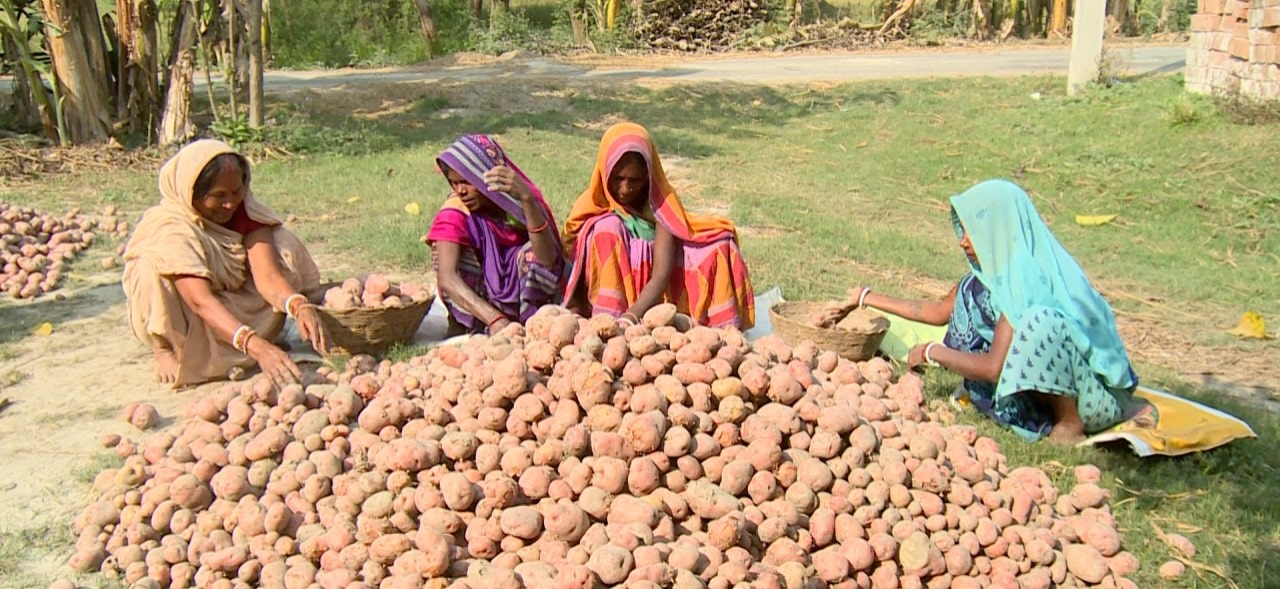TVS Ravi Kumar

TVS Ravi Kumar
PartnerRavi is a Partner in MSC’s Agriculture domain.
He is an inclusive finance, value chain development, and financial services consultant with over 15 years of experience in agriculture finance, value chain development, digital financial services, microfinance, and government social protection payments. He has provided advisory services to Agtech start-ups, government development programs, banks, microfinance providers, and international development agencies in India, Indonesia, Sri Lanka, and the Philippines. His areas of expertise include agri-value chain transformation, designing financial products, strategic business planning, and managing large quantitative research projects. Before joining MSC, he was a development professional specializing in promoting microfinance and livelihood for low-income segments in Central India. His role was to oversee the implementation of the community-based microfinance program and launch new private sector development initiatives such as aggregation services for agricultural produce and developing sanitation finance and dairy finance products. He is a Management Graduate from the Institute of Rural Management, Anand, and has a bachelor in Mechanical Engineering from NIT Kurukshetra. He is fluent in English, Hindi, and Telugu.
Posts by TVS Ravi Kumar
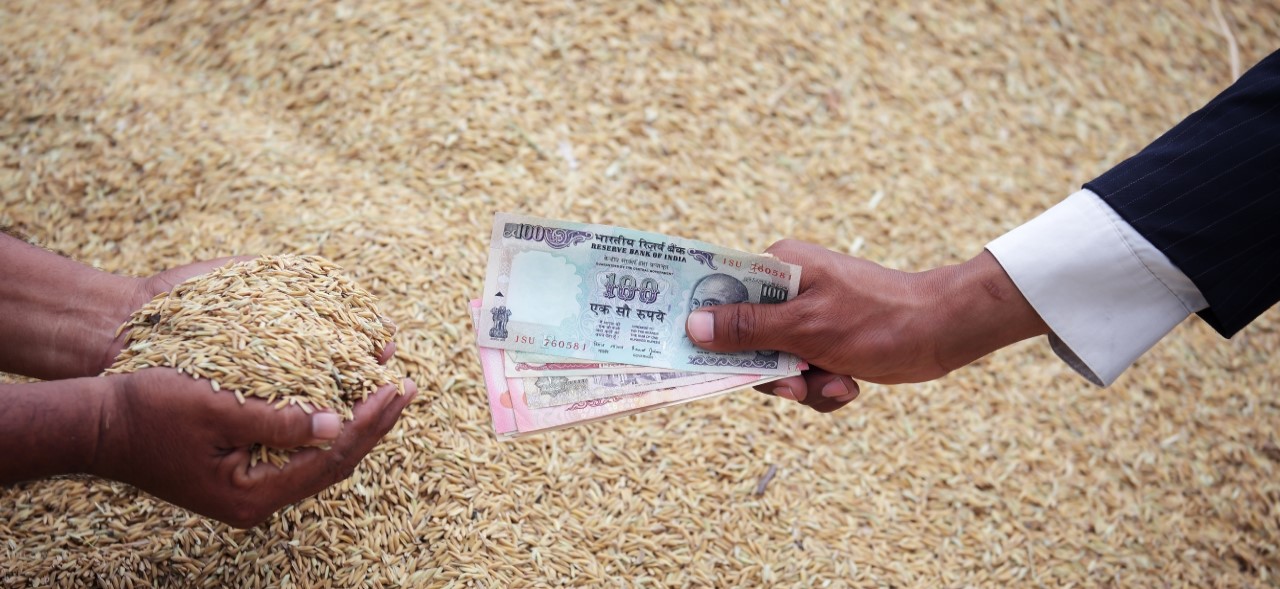 Blog
Blog
TVS Ravi Kumar, Rajnish Kumar, Pradeep Mishra and Jay Kishor Bharti
Unlocking access to formal credit for farmer producer companies (FPCs): Lessons from JEEViKA’s work in Bihar
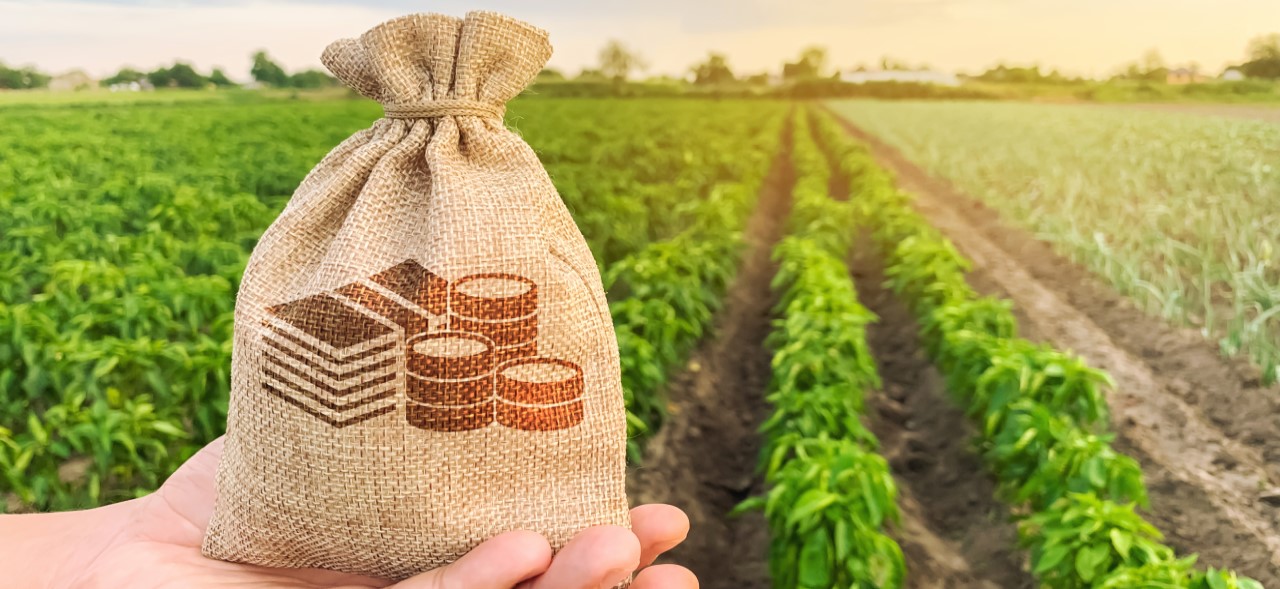 Blog
Blog
TVS Ravi Kumar, Mukesh Kumar and Rajnish Kumar
Five challenges that prevent greater adoption of derivatives trading by farmer producer companies (FPCs)
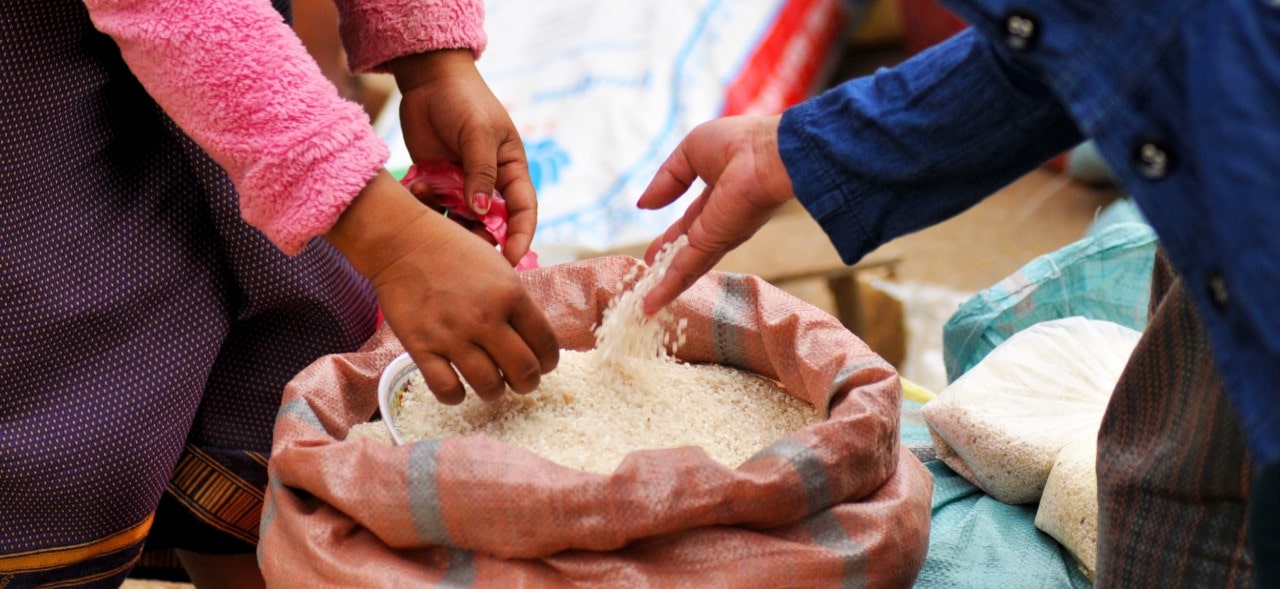 Blog
Blog
TVS Ravi Kumar, Mukesh Kumar and Rajnish Kumar
Decoding agriculture market linkages for FPOs: Lessons from the field
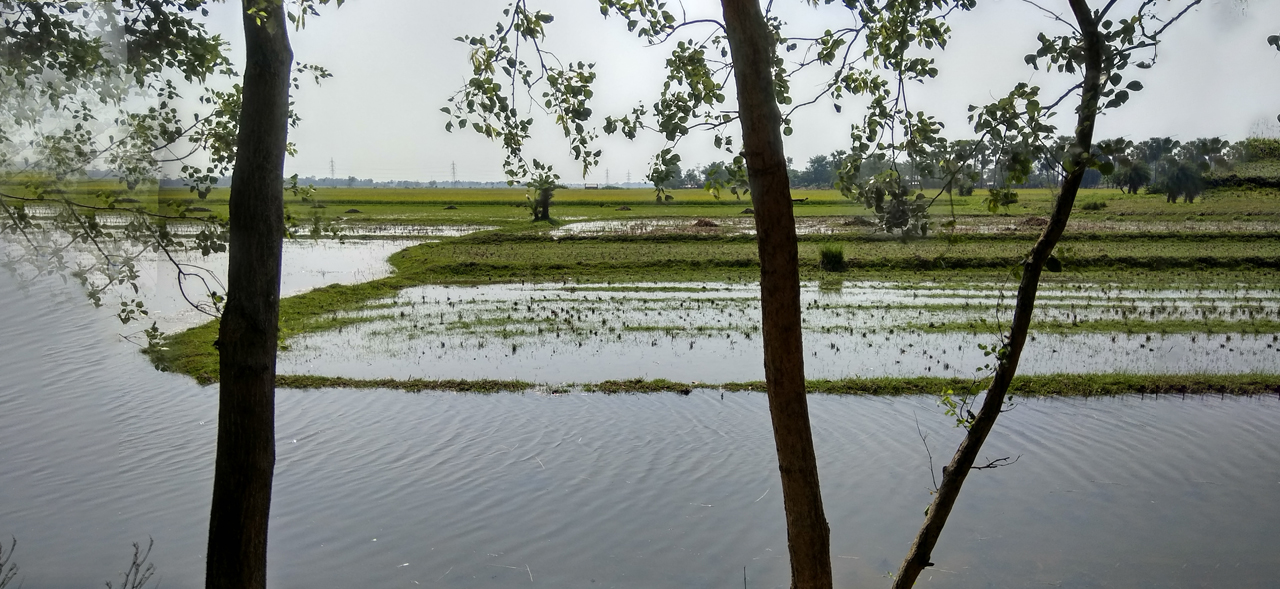 Blog
Blog
TVS Ravi Kumar, Rajnish Kumar and Graham Wright

